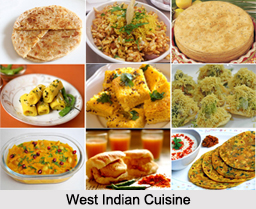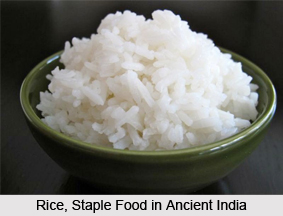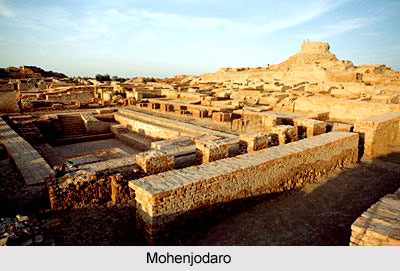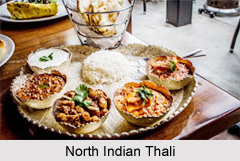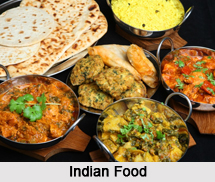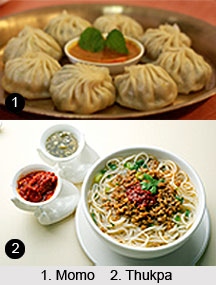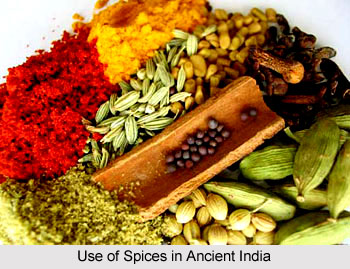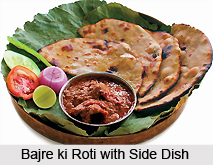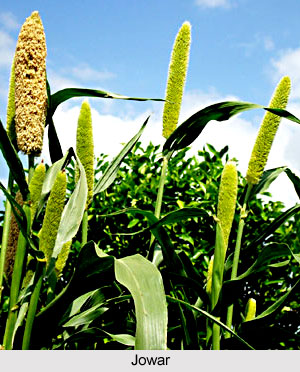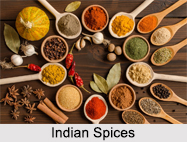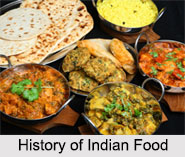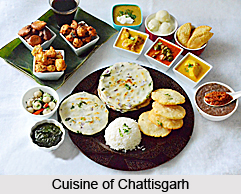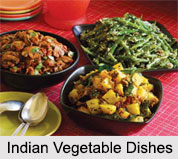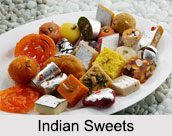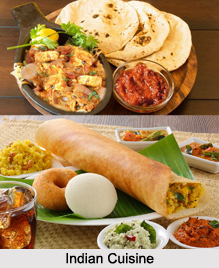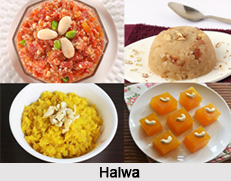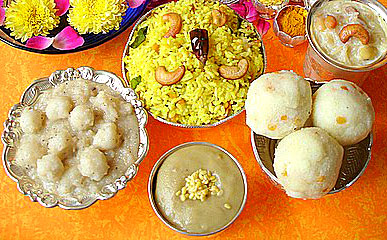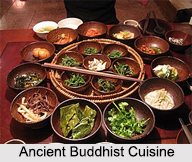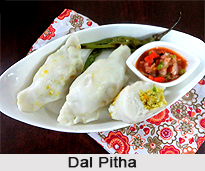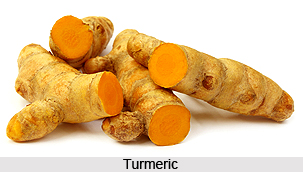Vegetarianism in India is the practice of avoiding the consumption of meat. The word `Vegetarian` is a derivation of the Latin word "Vegetari" which actually means to enliven. Vegetarianism in India is a popular belief and practice. In vegetarianism a person adopts a diet that excludes animal meat.
It has been seen that there are several variants of the diet, which also exclude eggs or some products produced from animal labour such as dairy products and honey. Moreover, vegetarianism in India also originated for ethical reasons; this practice of abstaining from the use of animals also often shows support for animal rights. Vegetarianism in India partially developed for the economic reasons too. Since animal foods are comparatively expensive, people had started opting for vegetarianism.
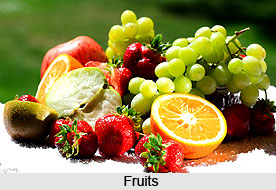 History of Vegetarianism
History of Vegetarianism
Vegetarianism in India has long historical implications. According to the records, early Aryans consumed various kinds of non -vegetarian dishes including meat of many kinds. However, the cow was considered to be an object of concern right from the very early age for its utility and being a domestic animal. Besides, prohibitions of consumption of various bovine animals have been expressed in the Sutra literature. In the Manu Smriti of 200 BC a veritable code of living includes formidable lists of forbidden meats.
Types of Vegetarianism
Vegetarianism can be further categorized into various categories. Ovo-vegetarianism refers to inclusion of eggs in the diet but not other diary products. Lacto vegetarianism is the consumption of dairy products but not eggs. Ovo-lacto vegetarianism includes animal products such as milk, eggs and Honey. Veganism is the exclusion of all kinds of animal meat or products. Fruitarianism refers to consumption of plant products that are obtained without harming the plant. Buddhist vegetarianism follows the diets defined by the Buddhist monks. Jain vegetarianism refers to consuming dairy products but excludes honey, eggs and root vegetables.
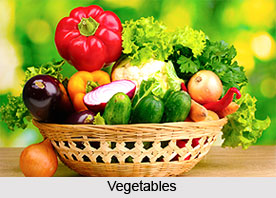 Vegetarianism in Different Regions of India
Vegetarianism in Different Regions of India
Statistics have established the fact that the practice of vegetarianism in India is the highest in the world. People following vegetarianism in India comprise 31 percent of the population. The states with a high proportion of vegetarians are Gujarat (69 percent), Rajasthan (60 percent), Punjab-Haryana (54 percent) and Uttar Pradesh (50 percent). At medium-high levels are Madhya Pradesh (45 percent), Karnataka (34 percent) and Maharashtra (30 percent). Medium-low levels prevail in Tamil Nadu (21 percent), Andhra Pradesh (16 percent) and Assam (15 percent) and low vegetarian level is found in Kerala, Orissa and West Bengal.
Vegetarianism in Buddhists and Jains
In ancient times Buddhists and the Jains were also against Vedic animal sacrifices since their commencement. Gautama Buddha himself strongly opposed ritual sacrifices as a means of personal salvation practised by the Brahmins, however he allowed Buddhist monks to consume cooked meat if it was given to them as alms. His contemporary, Mahavira, the 24th thirthankara of the Jain community, went much further to prohibit the consumption of meat. According to him killing of an animal for food is simply a heinous act and suggested that maximum care should be ensured so that even unseen but potential forms of life are spared. Only food, that was `absolutely innocent`, was permitted by Mahavira and the prohibitions included twenty two unsuitable things and another thirty two with life potential. Vegetarianism in India also finds importance during the reign of Emperor Ashoka, a devout Buddhist reign.
Vegetarianism in Other Communities
Vegetarianism is found highest among Jains and Brahmins whereas least among Muslims. Brahmin priests were also obliged to follow suit and influential reformers like Shankara, Madhva and Ramanuja altered the animal sacrifices by substituting them with objects like coconuts and pumpkins smeared with vermilion powder. Brahmins residing in India are especially vegetarian. Vegetarianism in India is also spread to the Sara swaths of Karnataka, who are believed to hail from Kashmir. In Bengal, the followers of Vishnu are also vegetarian, as are Jains and Buddhists. Vegetarianism in India, is a habit which is a means of gaining social esteem, but most follow it as a genuine conviction.
The practice of vegetarianism in India can be a healthy option. Vegetarianism offers a number of health benefits such as better immunity, enhanced fitness, less toxicity, better vision and greater longevity. An extensive variety of vegetarian foods are available for consumption. Vast range of cereals, pulses, oilseeds, vegetables, fruit, milk, condiments, spices and sweetening agents are vegetarian meals of high nutritional quality and with gustatory and aesthetic appeal.
